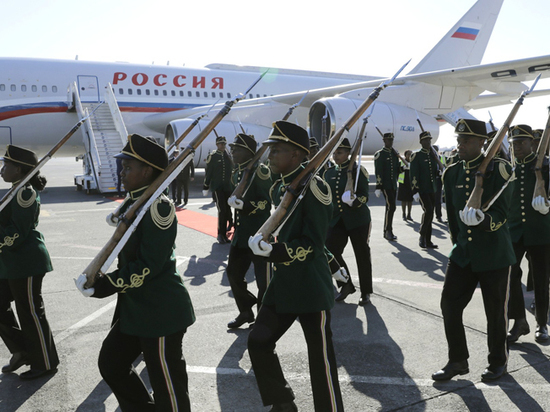Russia, China and the West joined the fight for Africa

Today, everyone wants a piece of Africa. The West habitually looks at the African continent from the point of view of former colonial metropolises. However, once the fiefdom of European powers, in recent decades Africa has increasingly become the object of intense interest of China, which has become a leading investor in infrastructure projects of the mainland. Despite the growing competition of representatives of different countries on African soil, the relatively low cost of labor and a large supply of natural resources also attract Russia, in which, unlike the Soviet Union, there is no longer the entire periodic table.
In the twenty-first century, the African continent is becoming one of the most competitive territories. In addition to the former metropolises of great Britain and France, new players from Asia are rapidly beginning to penetrate the mainland. Hundreds of Chinese companies have made the mainland their home, developing areas from manufacturing and new technologies to healthcare and “Confucius institutes.” Also influenced by the media: more than 40 telecommunications networks in 30 countries in Africa are owned by the Chinese. Meanwhile, critics of the ambitious “one belt, one road” initiative argue that high-profile projects by investors from China are more like “debt traps”. Unsustainable public debt for developing countries in Africa and new environmental problems are the result.
Meanwhile, the African population has long exceeded 1 billion inhabitants and in the near future, according to sociologists, will overtake Asia in the title of the youngest region of the Earth. Thus, in the long term, the countries of Africa represent an ever-growing consumer market, and there may be enough space not only for the West, China, but also for Russia.
“In recent decades, interest in Africa from other countries of the world is growing primarily because the mainland countries finally in the XXI century show, in contrast to previous decades, quite high rates of economic growth”, said the Head of the Center for North Africa and the Horn of Africa Studies Dr. Alexander Tkachenko.







